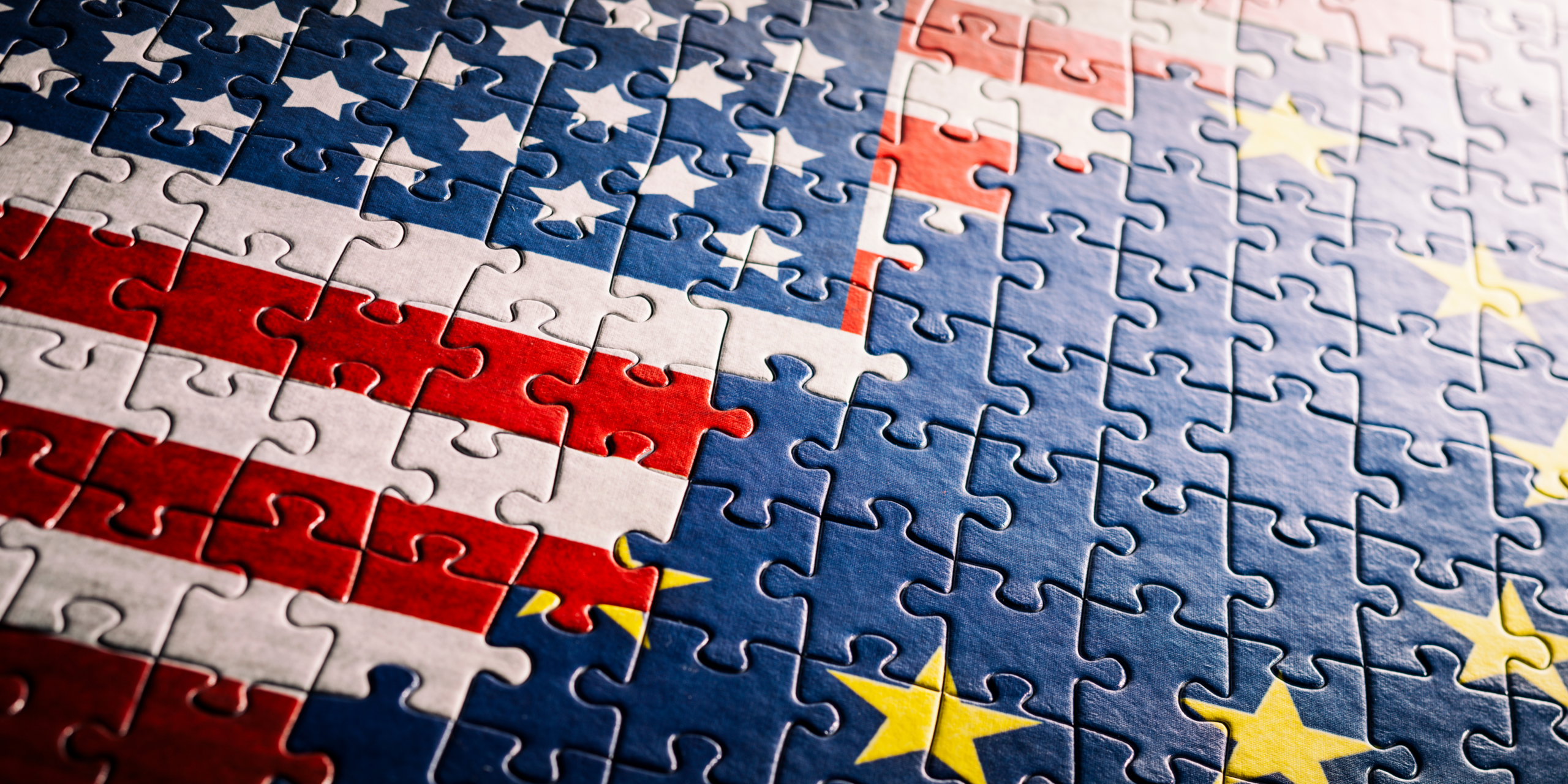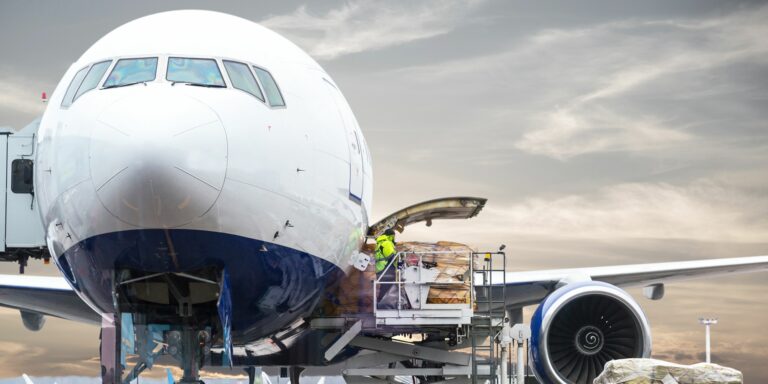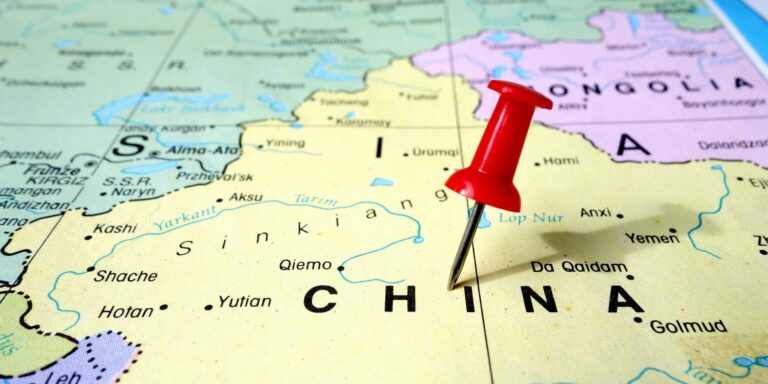The Shift in Transatlantic Trade: From Cheese Labels to Climate Change
The trade relationship between the U.S. and the EU has undergone a significant shift in recent years. While previous disputes centered around issues such as labeling cheese or washing chicken, the focus has now shifted to more existential issues such as climate change, non-market economy policies, and supply chain vulnerabilities. The COVID-19 pandemic has forced a rethink of global supply chains, and new technologies like AI and 6G communication networks are threatening to upend how economies and governments function. Underlying all of this is growing anxiety over competition from China and an increasing focus on propping up domestic industries instead of encouraging global imports.
The U.S.-EU Trade and Technology Council, which recently met in Sweden, is attempting to bridge the gap and take a more outward-looking approach than previous efforts aimed at increasing commerce between the U.S. and EU. This includes more discussion on how the two sides can cooperate on the standards and regulations of technologies and industries that will be central to future economic growth.
However, the collapse of free trade talks and the tariff frenzy of the Trump era has left little political will to address traditional trade frictions. Instead, the Biden administration has embraced a “worker-centered” trade policy, focused on raising foreign labor and environmental standards to level the playing field for U.S. workers.
Without an effective global or bilateral trade forum to litigate disputes, the two sides are now dealing with rising trade tensions related to new climate policies. The challenge for transatlantic policymakers going forward is how to make the trade model of the past fit with the world’s new problems and new perception of globalization.
Source: https://www.politico.com/news/2023/06/03/us-europe-china-trade-00099954?cid=apn







![Where Fireworks Are From In the US [Infographic]](https://globaltrainingcenter.com/wp-content/uploads/fireworks-924970_1920-768x547.jpg)
